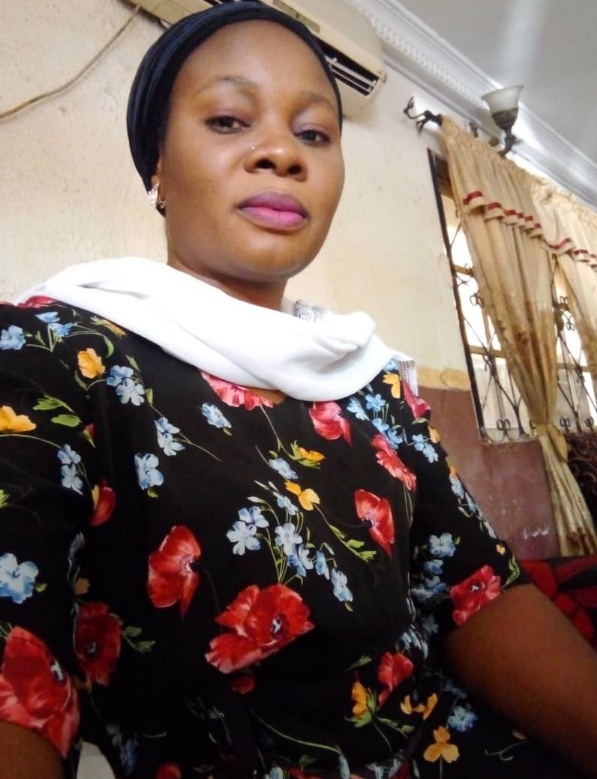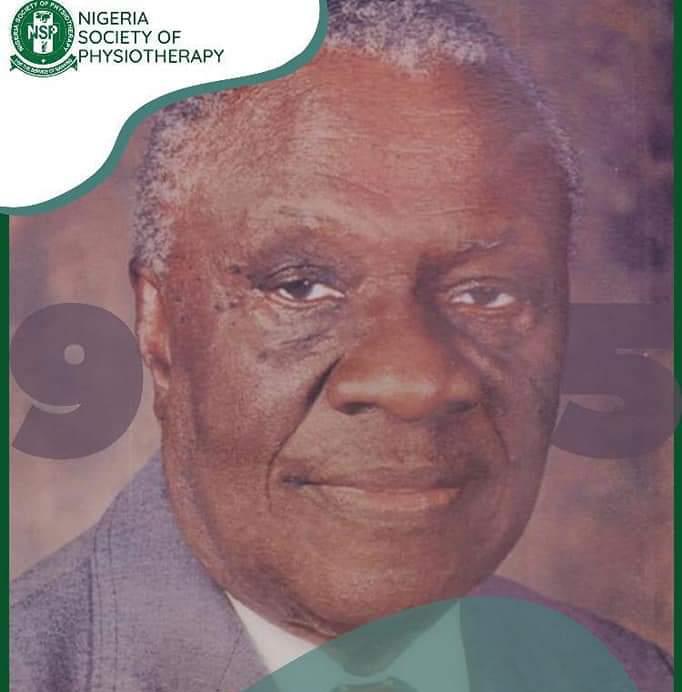Aishat Omope is a young married woman who is a nurse by profession. She is engaged in making liquid soap, disinfectants and also trains people in doing same.
She works in a private hospital in Akure, the Ondo State capital. In a society where most ladies see relationship with men as a means to having meals on their table and body accessories, she proved to be one of the few exceptions.
Aishat believes strongly that women should not rely solely on their husbands to take care of their home. For her, a woman should engage in multiple streams of economic activities in order not to be a burden unto her man and the society.
It is in this wise that she is also into making of cosmetic products as a means to contributing to her family finances. She also engages in training people in the art of liquid soap and disinfectant making.
Aishat was in Ibadan, the Oyo State capital, recently to train about 300 women and youths drawn from the nine local government areas that make Oyo South Senatorial District who were beneficiaries of a two-day training and empowerment programme facilitated by Senator Kola Balogun. The programme was held at the Faculty Agriculture, University of Ibadan.
Newscoven.ng caught up with her at the end of the two-day training programme. She related her experience, combining her duty as a wife and a mother with her job as nurse, a maker of cosmetic products and also as a skills acquisition trainer.
Speaking on her profession, Aishat said: “I am a nurse by profession and I am also into cosmetic making. I work at a private hospital in Akure, Ondo State. I am also into the making of liquid soap and disinfectants.
She also said she found it easy effectively combining the making of cosmetic products with her job a nurse. “I work on shift duties every other week. Whenever I have my off days, I will make my soaps, disinfectants and other things. I normally have a week night and a week off. It is within period that I am off duty that I make my products,” she said.
On what motivated you to go into cosmetic products making, Aishat said it was the passion and love she has for doing it, as well as the fact that one, as a married woman and as a mother, cannot afford to rely on a single stream of income to sustain the family.
“It is the passion. I just love making cosmetic products. For a woman, you cannot survive on just a single stream of income or by just being a salary earner. I cannot depend on just the salary to take care of my family. I need to find something else to do and cosmetic products making is the easiest work for me to do and, like I said earlier, I love making cosmetic products,” she said.
She said she has not been making profit from cosmetic products making as she is still operating at a small-scale level. She was however very optimistic of becoming a great entrepreneur in the course of time and as much as her business keeps on expanding.
“I have not been selling on a large scale but, in the course of time, if I have my own brand and it becomes popular, I know that I will surely make money and also make more profit. This is because there is nobody that is selling water that will come to a loss,” Aishat said.
When reminded that she is not selling water, Aishat, an incurable optimist, said: “What I am doing is almost as selling water; what I am doing has to do with water. It is almost the same thing. My cosmetic products are essential household items as no single home can do without having soaps or disinfectant.”
She disclosed that she has been making some extra money by engaging in training people in the art of soap and disinfectant making. This, she said, had taken her to some towns in Ondo State.
“I came to Ibadan to train some people in the art of making liquid soaps and disinfectants. This is not my first time of engaging in such a training. This is actually my fifth time of taking people through the art of making cosmetic products.
“I have been to Okitipupa, Irele, Ondo, all in Ondo State, like four times to train people. This is the fifth training that I will be conducting for people, but this is my first time of coming to Ibadan to train people,” Aishat said.
She encouraged people, especially young women, to embrace skills acquisition as a means to make ends meet in the face of the current economic downturn in the country.
“Even if you are a government employee or a salary earner, it is not good to have just one source of income. No matter how much you are earning or making from one source, it cannot be enough to sustain yourself or your family. You cannot be engaged in just one job and survive the present harsh economic realities.
“Things are so expensive now in the country. To meet up with family needs and expectations, you need to work hard and engage in many businesses, even at a small-scale level,” Aishat said.
When she was reminded that she is a married woman who does need to be overworking herself to meet up with family needs, she retorted that no man is ready to accommodate an indolent woman who has nothing to bring to the table.
“Yes, I am a married woman. But I am sorry, no man is ready to accommodate an indolent woman anymore. As we have many responsible men out there, we also several others who are not responsible. A woman, as a wife and as a mother,should be ready to bring something to the table,” she said.
She advised Nigerians, especially women and youths to embrace skills acquisition and practice with passion whatever trade they learnt.
“My children are very young, but surely I will and I have been encouraging them to embrace skills acquisition. Starting from when a child is 12 years old, he or she can start learning one skill or the other. They can go into any handiwork, especially the female child, so that men out there will not be enticing them with flashy things to lure them to be engage in vices.
“When you have your work and you know what you are doing, nobody can use money or material things to entice and lure you into doing bad things.
“Parents should give their female children proper orientations before pushing them outside. They should be made to understand that they can achieve whatever they desire by being self-reliant,” Aishat counseled.



























